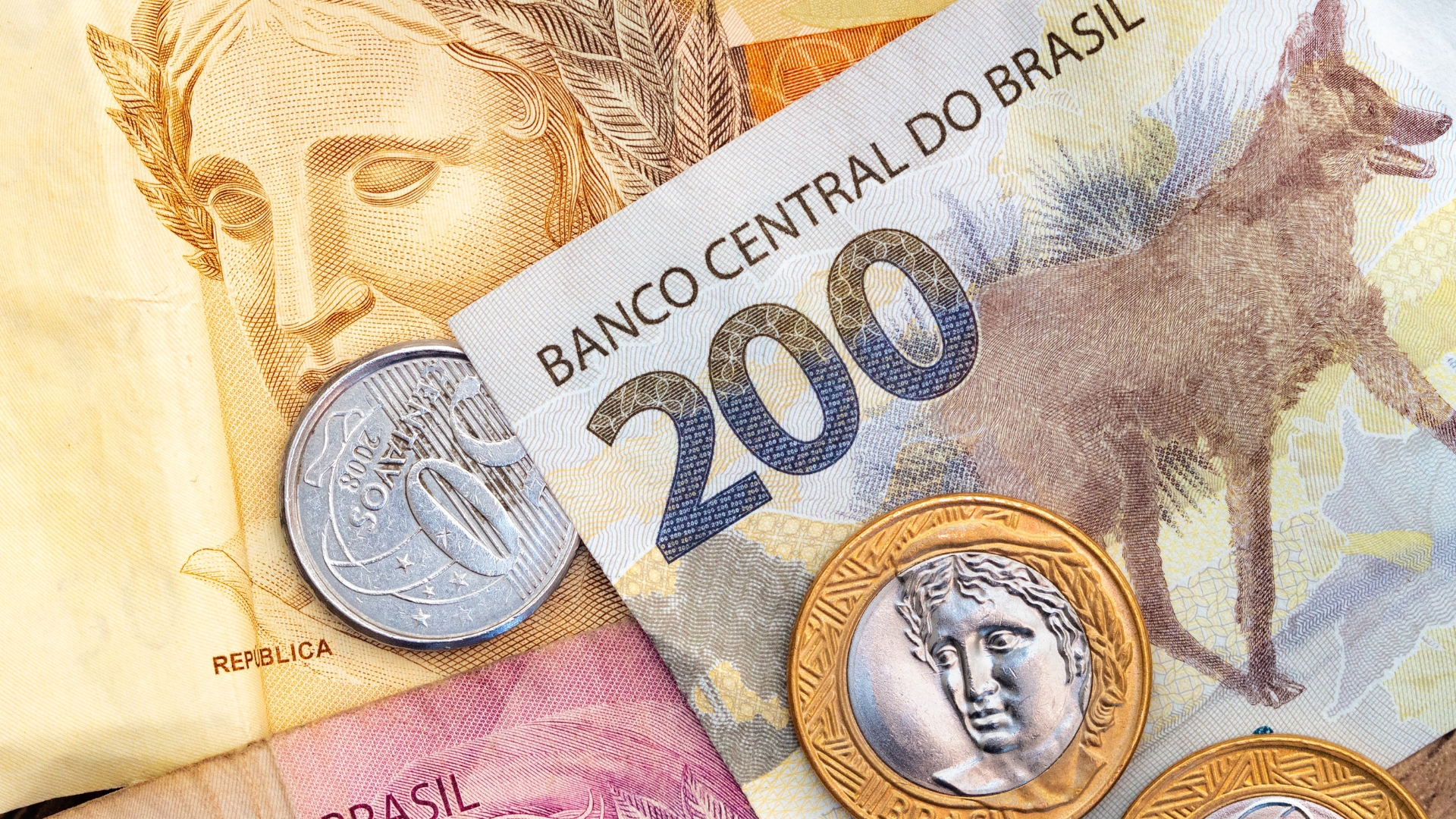Brazil is a country rich in natural resources, vibrant culture, and an entrepreneurial spirit that makes it an important candidate to dominate the global manufacturing scene. Brazil is well-positioned to meet the ever-increasing demands of the global market, obviously all thanks to its strategic location, skilled workforce, and expanding technological advancements. Brazil has an amazing abundance of natural resources and agricultural potential due to its large land area and variety of ecosystems. This abundance offers a huge chance to unleash economic growth for the entire global trade landscape—not just for Brazil’s innovation. Large-scale agriculture saw a more positive growth trajectory, with extension techniques that put significant biomes and biodiversity at risk.
Minerals and Mining: A Treasure Trove of Resources
Brazil’s economy is significantly influenced by its mining and mineral resources sector. It is surrounded by an abundance of resources, such as gold, copper, nickel, iron ore, and priceless gemstones. In 2022, the industry generated over $50 billion in export revenue, making a significant contribution to the country’s GDP.
Iron ore is the leading jewel of Brazil’s mining sector. It has shipped more than 370 million tons of the mineral in 2022, mostly to South Korea, China, and Japan. Brazil is a key participant in the global steel industry as a result of its considerable contribution to steel production worldwide.
Brazil is blessed with an abundance of natural resources, including iron ore, bauxite, oil, and timber, providing a solid foundation for various industries. Also adding to that, Brazil ranks ninth in the world’s crude oil production rankings, fourth in bauxite production, and second in iron ore production worldwide.
Let us look at the quick at some of the important resources of Brazilian Agriculture:
- Soybeans: Brazil is the world’s largest producer and exporter of soybeans, accounting for over 35% of the global market. In 2022, the country exported over 100 million tons of soybeans, primarily to China and the European Union.
- Coffee: Brazil is the world’s largest coffee producer, accounting for nearly 40% of global production. The country’s diverse coffee regions produce a variety of high-quality beans, making Brazilian coffee a favorite worldwide.
- Sugarcane: Brazil is the world’s largest producer and exporter of sugarcane, accounting for nearly 40% of the global market. The country utilizes sugarcane to produce sugar, ethanol, and other biofuels.
- Corn: Brazil is a major producer and exporter of corn, with production exceeding 100 million tons annually. The country primarily exports corn to China and Southeast Asian countries.
- Beef: Brazil is the world’s second-largest beef exporter, playing a crucial role in global meat markets. The country exports high-quality beef to over 180 countries, with China and Hong Kong being major importers.
Data Sources
Deep Dive: A Strategic Vision for Brazil
The points listed below are focused on Brazil’s strategic vision which is centered around:
- Sustainable Resource Management: For Brazil’s mining and agricultural industries to remain viable over the long run, sustainable resource management techniques must be prioritized. This covers community involvement, environmental preservation, and ethical mining methods.
- Value Addition: Potential economic gains are limited when raw materials are only exported. Brazil should prioritize value addition by using its own resources for domestic processing and refining to grow its economy and create jobs.
- Infrastructure Development: To maximize resource extraction, transportation, and export, a strong infrastructure is essential. This includes effective transportation networks and storage facilities.
- Technological Innovation: Technology innovation can improve productivity, sustainability of the environment, and efficiency in mining and agriculture. Adopting automation, AI, and cutting-edge agricultural technologies are all part of this.
- Diversification of Trade Partnerships: Brazil should look into new markets and trading partners to diversify its export portfolio, even though China is still one of its main trading partners. As a result, there is less dependence on any one market, and economic stability is raised.
By putting these plans into practice, Brazil will be able to fully utilize its agricultural and natural resource base and climb the global economic ladder. In addition to helping Brazil, this will also increase the security of food and resources worldwide, benefiting everyone.
In conclusion, Brazil offers a special chance for economic growth and the expansion of international trade when its natural resources and agricultural potential are fully realized. Through the adoption of sustainable practices, technology investment, and trade partnership diversification, Brazil can realize its full potential and emerge as a major player in the global economy. Brazil and its trading partners will gain from this win-win scenario, which will lead to a more sustainable and prosperous future for everybody.
Data Sources:
- World Steel Association: https://worldsteel.org/wp-content/uploads/Sustainability-Indicators-2022-report.pdf
- International Coffee Organization: https://icocoffee.org/
- USDA Foreign Agricultural Service: https://fas.usda.gov/
- International Trade Centre: https://intracen.org/
- Brazilian Mining Association: https://ibram.org.br/
- Brazilian Ministry of Agriculture, Livestock, and Supply: https://www.gov.br/agricultura/pt-br
- Brazilian Ministry of Mines and Energy: https://en.wikipedia.org/wiki/Ministry_of_Mines_and_Energy_%28Brazil%29
- Brazilian Institute of Geography and Statistics: https://www.ibge.gov.br/en/







